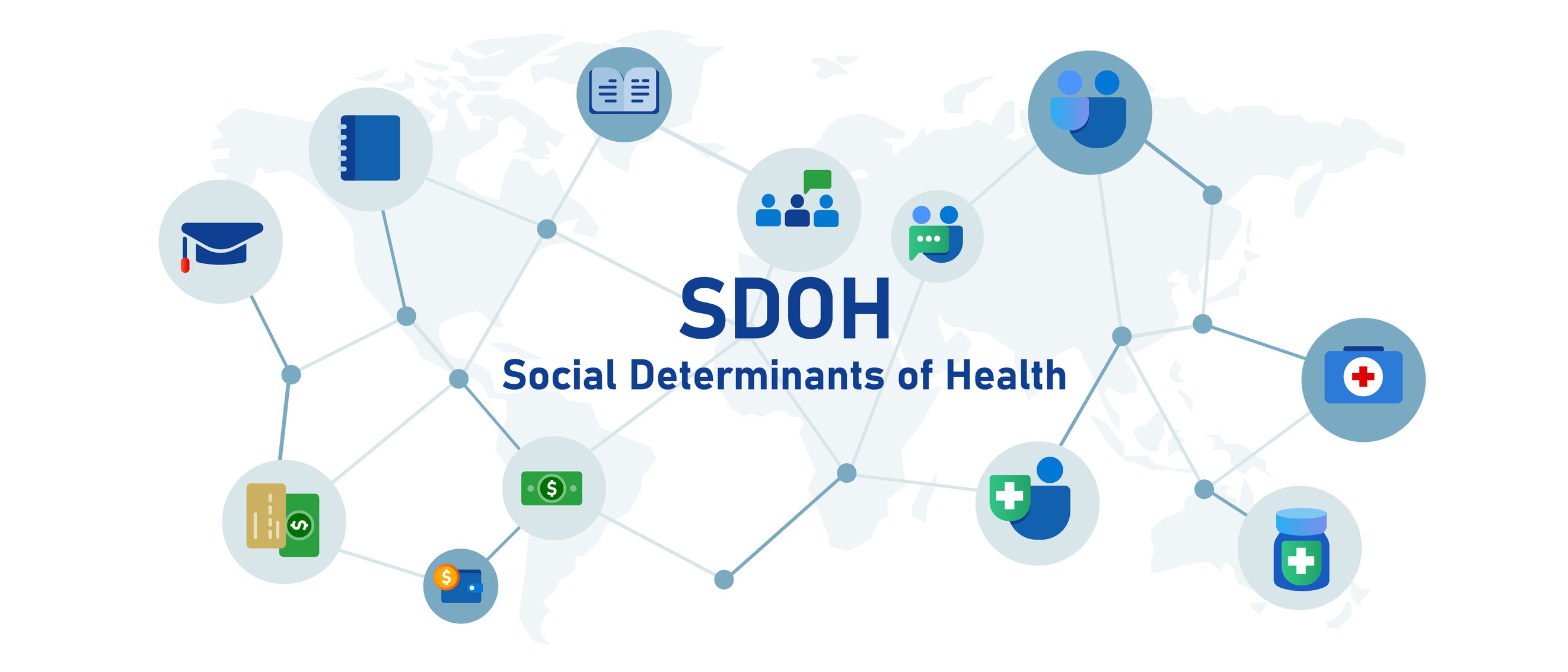February is American Heart Month. It's important to promote cardiovascular health and explore the many ways Nurses are engaged in these efforts.
According to the CDC, heart disease is the leading cause of death for men, women, and people of most racial and ethnic groups in the United States.
Nurses are advocates of heart health in various healthcare settings, spanning from hospitals and clinics to community and public health initiatives. Their contributions encompass a wide range of roles, from prevention and education to acute care and rehabilitation.
Here are some key aspects of Nurses' roles in heart health:
Health Promotion and Education
Nurses thoroughly evaluate patients for potential risk factors that can contribute to heart disease, including hypertension, diabetes, high cholesterol, smoking, and obesity. They educate individuals about how these factors can affect their heart health.
Through personalized guidance, Nurses encourage regular exercise, a well-balanced diet, smoking cessation, and effective stress management techniques to ensure long-lasting positive changes.
Screening and Early Detection
Nurses are skilled in regularly monitoring blood pressure, identifying signs of hypertension, and guiding patients towards effective management. They actively participate in the screening process to detect abnormal lipid levels, providing education on the significance of cholesterol control, and offering valuable assistance in medication compliance.Patient Assessment and Monitoring
Identifying the telltale signs and symptoms of cardiovascular diseases, such as chest pain, difficulty breathing, and irregular heartbeats are critical aspects of a Nurses' role. Recognizing these symptoms early on enables Nurses to take immediate action and provide timely intervention.
When patients are prescribed medications, Nurses monitor their progress, ensuring they understand the importance of following the regimen and manage any potential side effects.
Acute Cardiovascular Care
Nurses are at the forefront during critical cardiac events, offering immediate care in emergency scenarios, administering vital medications, and aiding in life-saving interventions. Following procedures like angioplasty or bypass surgery, Nurses closely monitoring patients, effectively managing any complications that may arise, and providing valuable education for a seamless recovery journey.Rehabilitation and Chronic Disease Management
Cardiac rehabilitation programs is where Nurses guide patients through personalized exercise routines, offer valuable insights on lifestyle modifications, and provide unwavering emotional support. For individuals with chronic heart conditions, Nurses manage symptoms, optimize medication regimens, and collaborate with other healthcare professionals to ensure comprehensive and coordinated care.Community Outreach and Prevention Programs
Community outreach programs increase awareness of the importance of heart health. Nurses provide valuable information regarding prevention strategies, early detection methods, and the significance of leading a healthy lifestyle. Additionally, Nurses take charge in organizing and participating in cardiovascular screening events within the community. These events serve as a platform to identify potential risk factors and promptly intervene, ensuring the well-being of individuals and the promotion of heart health for all.Advocacy and Support
Nurses serve as advocates for patients, ensuring they receive the necessary care and support, while also ensuring their concerns are heard and addressed by the entire healthcare team. Dealing with heart health issues can be emotionally challenging for the patient and their loved ones. Nurses provide emotional support to patients and their families, helping them navigate the psychological impact of cardiovascular diseases.
Nurses play a pivotal role in the comprehensive care of individuals with heart health issues, contributing to prevention, acute care, rehabilitation, and community health initiatives. Their multifaceted approach helps address the complex and interconnected factors influencing heart health.







